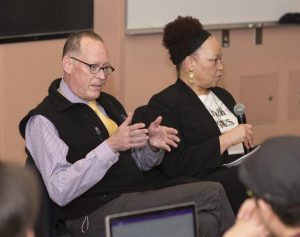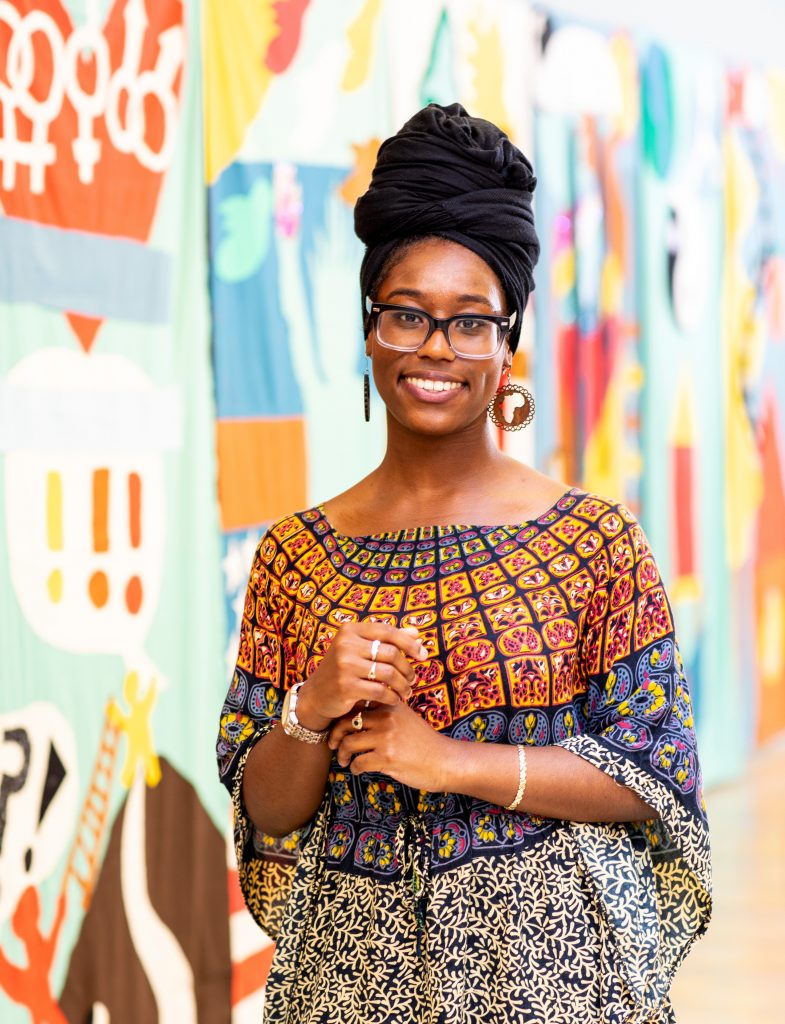
In partnership with PATH, the International Training and Education Center for Health (I-TECH) and Digital Initiatives Group at I-TECH (DIGI) at the University of Washington (UW), are providing technical assistance to the Africa Center for Disease Control and Prevention’s (Africa CDC) African Epidemic Service Public Health Informatics (AES-PHI) Fellowship.
The two-year fellowship will gather mid-career professionals working in computer science, information systems or public health practice. Fifteen African fellows will be selected for the first cohort after a call for applications from Africa CDC.
“If recent epidemics of COVID-19, cholera, and mpox have taught us anything, it’s that diseases can easily cross borders and that decision makers and heath leaders in every country need information at their fingertips that allows them to take action to protect the health of their populations,” said Dr. Puttkammer.
“We need data systems that are robust, based on standards, that collect timely and accurate data and allow for the integration and visualization of these data so that it can feed into public health decision making,” she continued. “To get there, we first need the people who can lead and manage these systems.”
The AES-PHI fellowship is a part of three tracks: applied field epidemiology, public health informatics, and leadership in laboratory science. These fields are critically important to respond to both epidemics within countries and pandemics that cross borders—the fellowship will address working across these disciplines so that the best information can be brought to bear in solving public health challenges.
The PHI curriculum includes topics such as data collection methods, data systems, interoperability, data science and machine learning. The innovative training model is 80% practical and 20% instructional, delivered through virtual sessions and in-person training at Africa CDC in Addis Ababa, Ethiopia. Practical learning intervals will be hosted at designated sites, including in Democratic Republic of the Congo, Kenya, Morocco, Senegal, and Zambia. Each fellow will be placed within a national health institute or ministry of health and have opportunities to apply their learning in practice.
The fellowship structure and curriculum are built on a series of consultative planning workshops with a Technical Advisory Group (TAG) convened by Africa CDC. The AES-PHI TAG includes representatives from Africa CDC, the Pan African Health Informatics Association (HELINA), the U.S. Centers for Disease Control and Prevention (CDC), PATH, UW, Resolve to Save Lives, the African Field Epidemiology Network (AFENET), and numerous faculty members from African universities.
“Health informatics is a novel field of study in most African countries,” said Anne Njoroge, project lead for the DIGI/UW team and Africa TAG member. “As such, there is a clear gap in the number of highly skilled health informatics professionals, especially in the public sector. Accelerating the pipeline for these professionals through AES-PHI will be critical for digital transformation of public health in Africa.”
DIGI has worked with the TAG, Africa CDC workforce development team, PATH, and CDC to standardize competencies and develop and validate the AES-PHI curriculum for in-person and virtual learning. DIGI has also supported hosting of the curriculum within Africa CDC’s online learning management system, the AES-PHI application process, faculty recruitment, host site and mentor orientation, and program monitoring and evaluation.
“I have seen such great excitement among my colleagues across the African continent,” said Robert Oboko, faculty in the Department of Computing and Informatics at the University of Nairobi and Africa TAG member. “These trained professionals will lead the way toward strengthening health information systems across the African continent.”


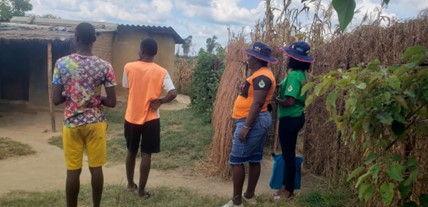
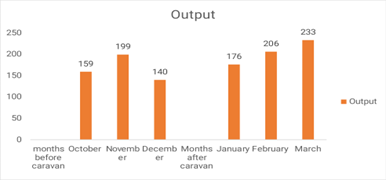
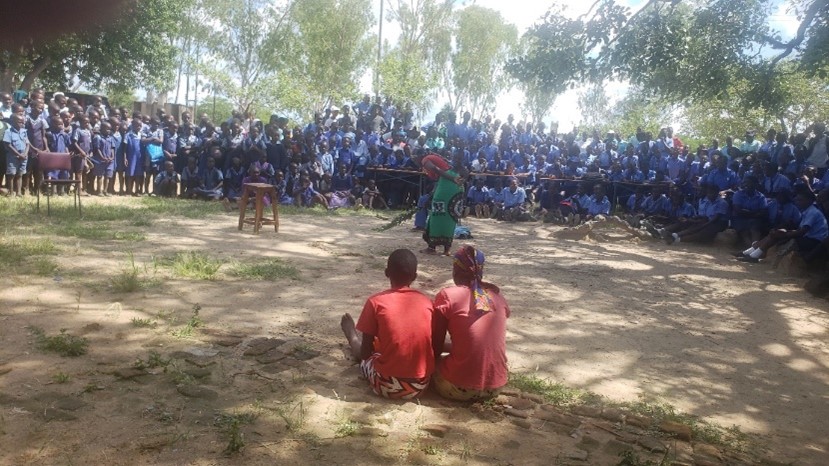
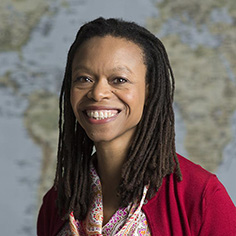
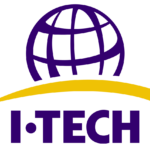 In August 2022, the International Training and Education Center for Health (I-TECH) named the first members of an
In August 2022, the International Training and Education Center for Health (I-TECH) named the first members of an 